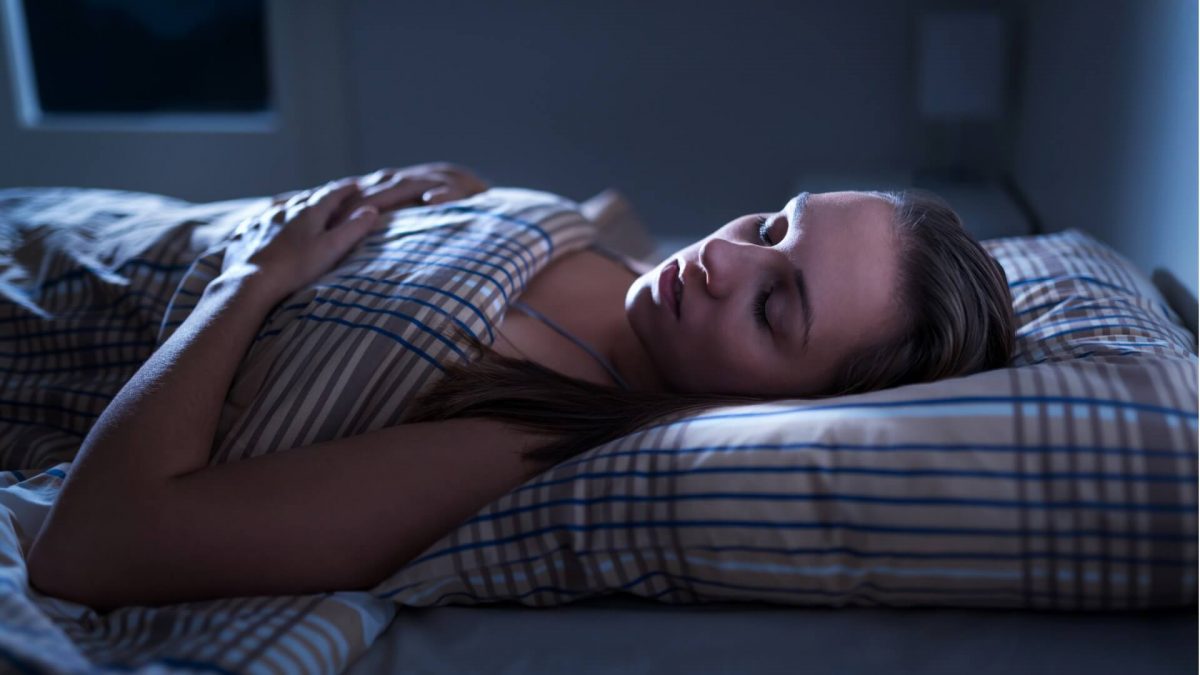In ancient times, people lived and worked according to biological laws, according to which the onset of the dark meant a time of rest and going to bed, and sunrise signified the beginning of a new day.
The situation did not change for centuries and millennia, and almost until the beginning of the 20th century, nature was the only “regulator” of human life. But over time, the world began to grow brighter – lanterns were lit on the streets, whole systems of artificial lighting appeared in houses and apartments. The night has lost its darkness – around the clock the cities are lit by the lights of advertisements, signboards, and lanterns. Around the clock, lamps come on in a person’s dwelling – people read, watch TV, sit by a computer monitor. But whether these changes are useful, let’s try to figure it out together.
Will victory over darkness turn into defeat?
Artificial lighting brought a lot of advantages to human life, but along with these advantages, round-the-clock illumination has its drawbacks. And the danger of these minuses is that they affect human health. Let’s look at the disadvantages of artificial lighting in more detail.
The human body is the most complex mechanism that nature has ever created. And this mechanism is characterized by increased fragility and vulnerability. Various metabolic and biochemical processes constantly occur in the human body, as a result of which the cells of tissues, natural integuments and organs are timely updated, and useful hormones are produced. If at least one of these processes is broken, the whole organism will suffer.
The human body produces a lot of hormones, but now we’ll talk about melatonin. Melatonin is the hormone “responsible” for the biological clock of the body. Melatonin is a substance that inhibits the aging process, regulates the activity of the immune system, gastrointestinal tract, cardiovascular system and the brain. If a lack of this hormone is found in the body, the consequences can be the saddest.
Why such a detailed story about melatonin, if the article began on the dangers of artificial lighting and changing the rhythms of human life? The fact that this hormone is capable of being produced by the pineal gland of the brain exclusively in complete darkness! Melatonin will not be produced in the presence of the slightest illumination – in the light from a TV or monitor, when street lighting enters the bedroom windows. Darkness for the effective production of melatonin must be absolute.
With a lack of melatonin in the body, a variety of pathologies develop (disorders of the nervous system and psyche), skin aging accelerates, and potency decreases. Therefore, you need to rest in complete silence and complete darkness.
How to reduce the negative effects of artificial light and ensure the adequate production of melatonin?
To maintain health, you need to approach the organization of your own night’s rest correctly. Turn off televisions, computers, and nightlights in the bedroom. Close the windows with blackout curtains, which are guaranteed not to let street light into the sleeping room. Your bedroom should have perfect darkness.








